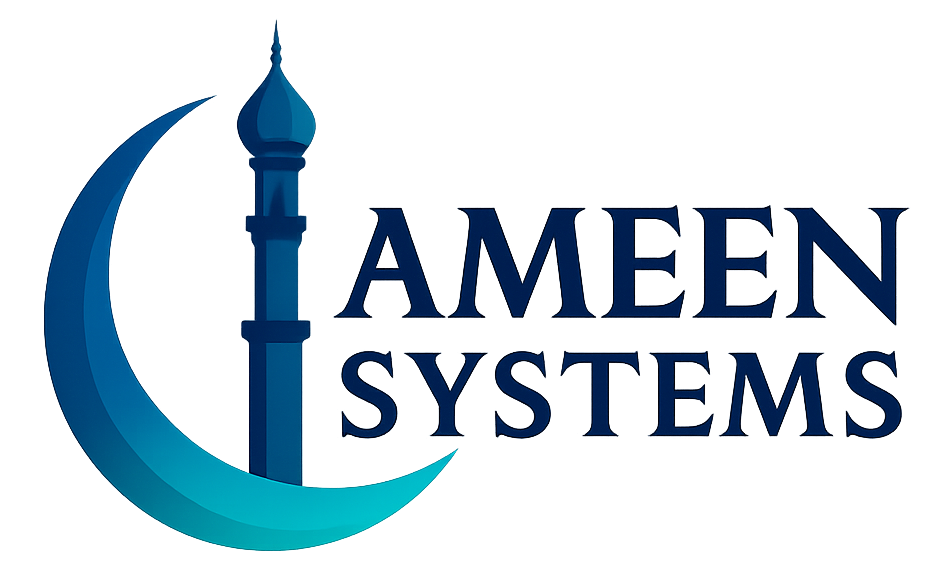WY Holding Company + SC Operating LLC vs. a Simple SC LLC: Which Setup Is Right for You?
If you’re launching in South Carolina, you’ve got two practical paths: a straightforward SC LLC or a Wyoming holding company that owns your SC operating LLC. Here’s how to decide—privacy, scaling across states, compliance, and cost—without the overwhelm.
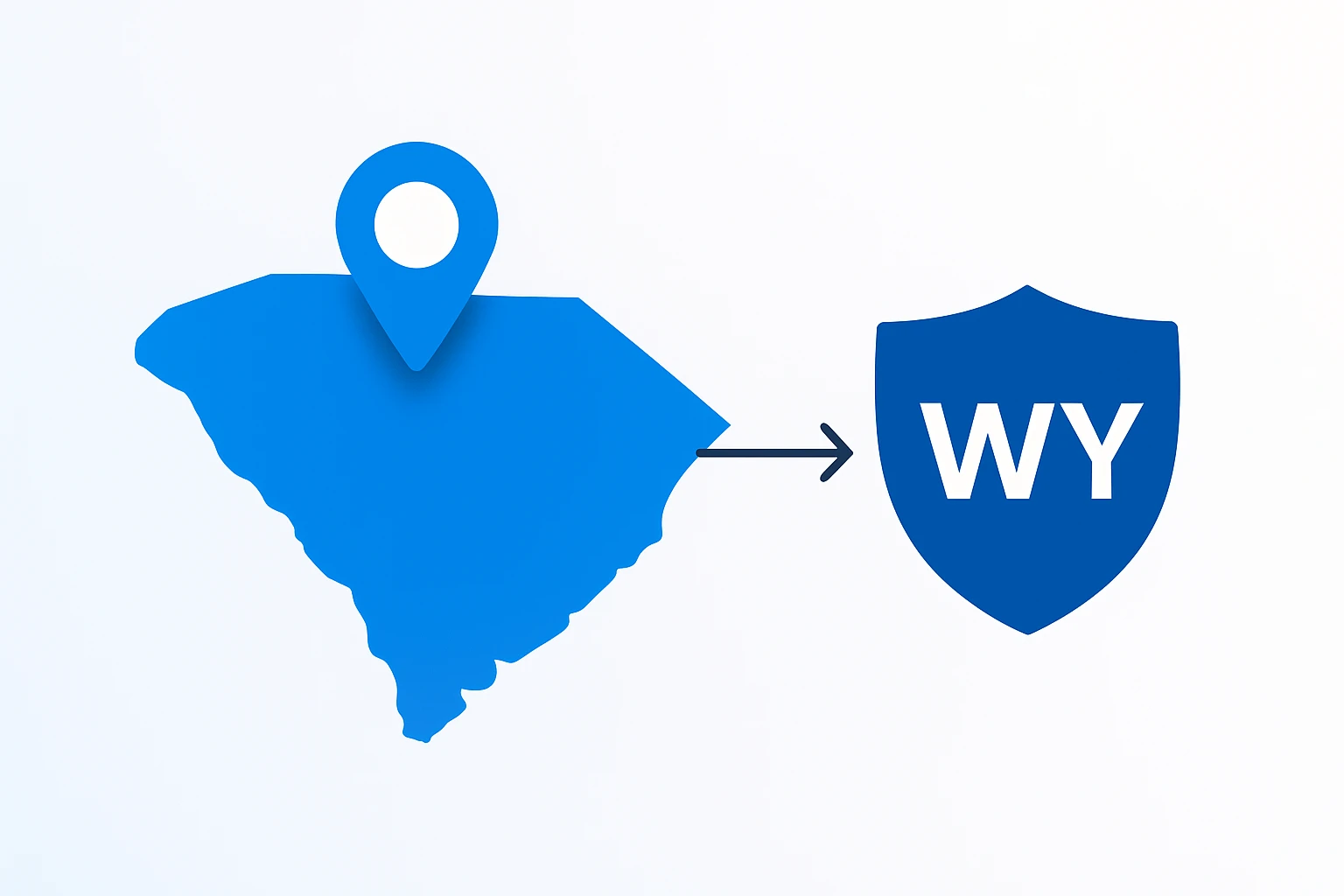
The Two Paths in Plain English
Path A — Simple & Local (SC LLC)
- One entity: file SC Articles, appoint an SC registered agent
- Get EIN, bank docs, and local (city/county) license if required
- Register with SCDOR (MyDORWAY) for retail/sales/withholding as needed
Best for founders staying in South Carolina for the foreseeable future.
Path B — Scalable & Private (WY HoldCo → SC OpCo)
- Form a WY holding LLC (owner) + a separate SC operating LLC (does business)
- Keep ownership/ IP “upstairs” and operations “downstairs”
- Easier to add other states later with the same holding company
Best for privacy on public filings + multi-state plans.
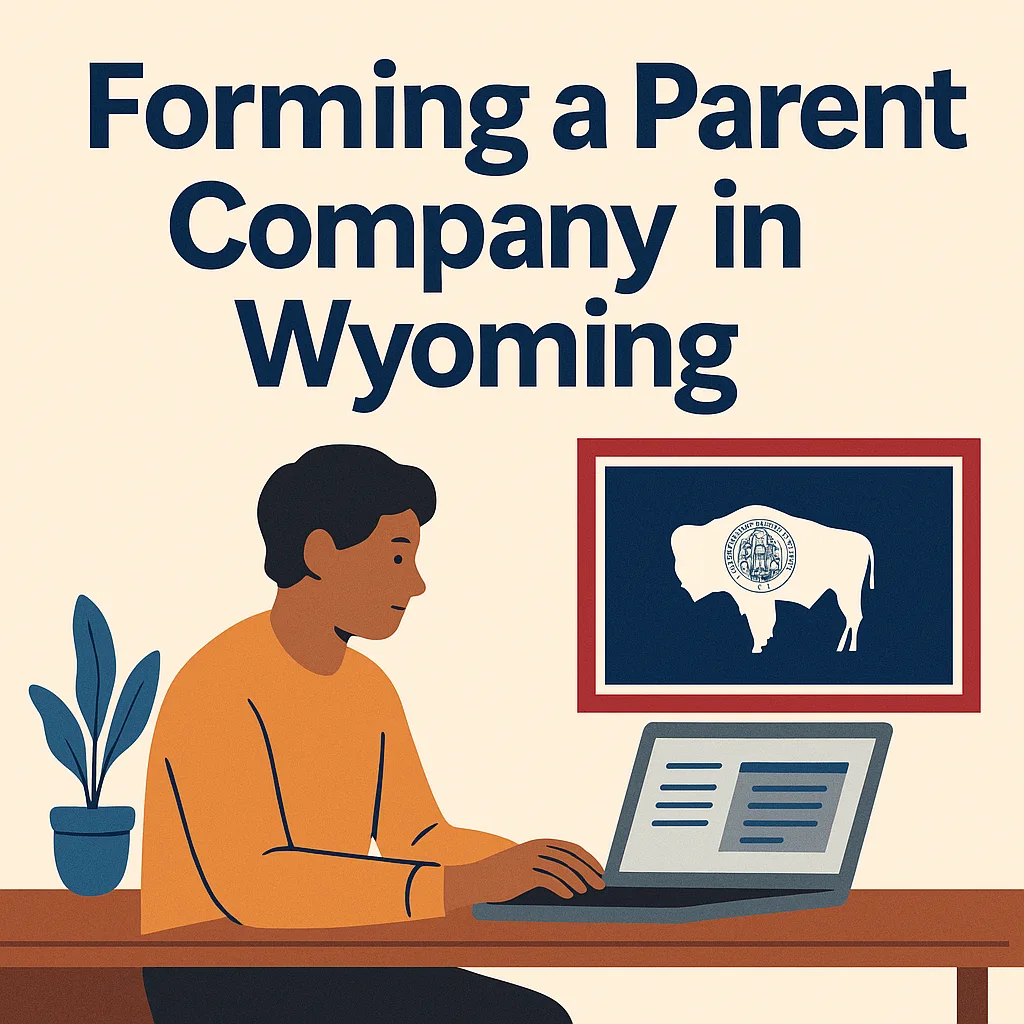
Why Founders Pick a Wyoming Holding Company
- Public-record privacy: WY doesn’t list owners on Articles, reducing casual doxxing and junk mail.
- Multi-state readiness: Add NC/GA/FL later by creating new OpCos under the same HoldCo or foreign-qualifying existing ones.
- Cleaner risk separation: Keep capital/IP at HoldCo; keep customer activity at OpCo.
Reality check: two entities mean two registered agents and two annual renewals—higher admin than Path A.
South Carolina Compliance (Quick Map)
- Registered agent: physical SC street address (no PO boxes).
- Retail & tax accounts: set up MyDORWAY for sales/use tax, withholding, etc., as needed.
- Local license: no statewide license—city/county rules vary.
- Annual report: most SC LLCs don’t file one unless taxed as a corporation (then CL-1 & corporate filings apply).
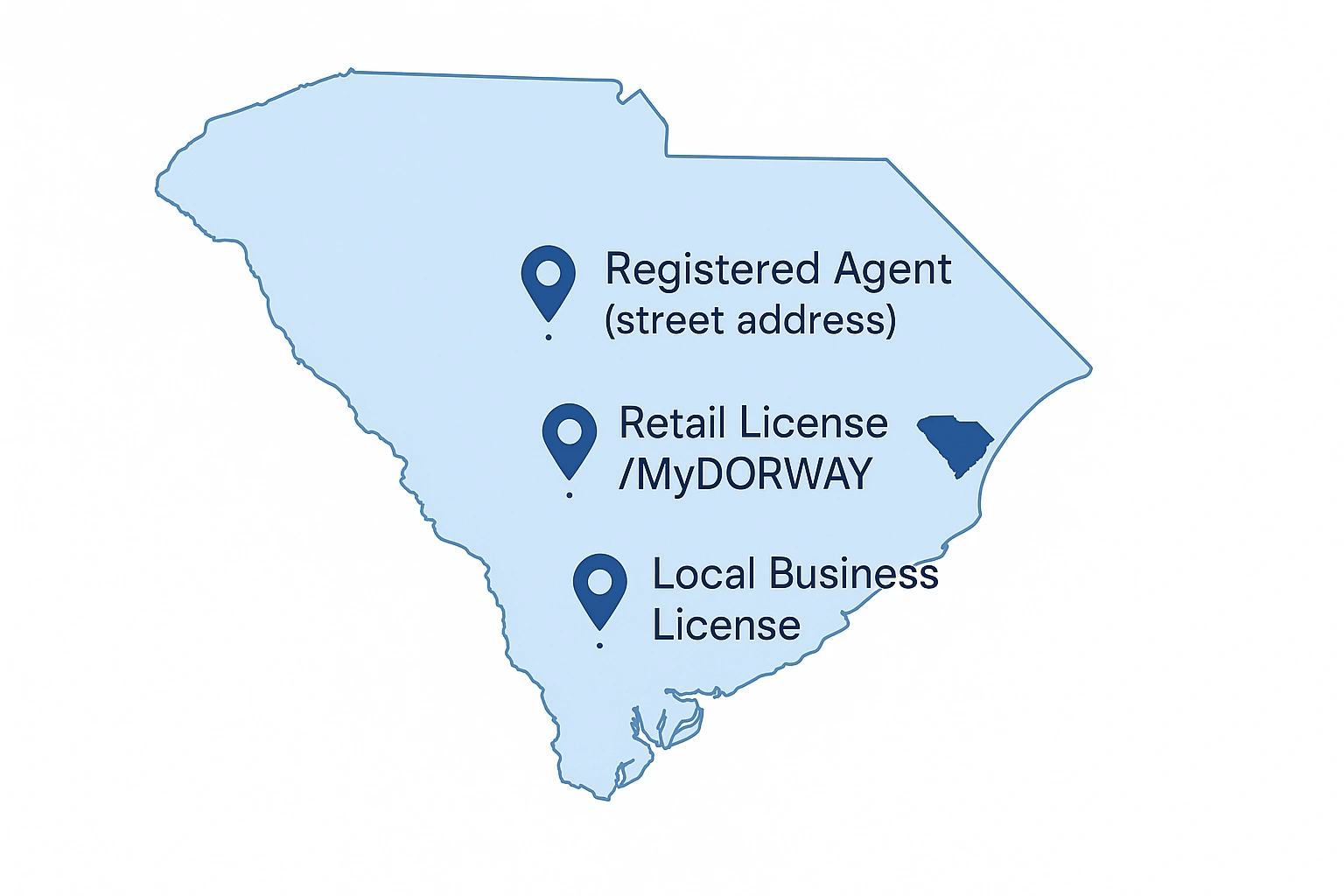
BOI (Beneficial Ownership) — What Changed?
Federal “BOI” reporting requirements have evolved. As of early 2025, FinCEN issued guidance narrowing who must file. If both entities are U.S.-formed, burdens may be reduced—but banks will still verify owners for their own compliance. Keep a clean Owner’s Binder with Articles, Operating Agreement(s), EIN letter(s), resolutions, and a simple ownership chart. Always confirm current rules with your attorney/CPA.
Cost & Complexity — Fast Comparison
| Item | Path A: SC LLC | Path B: WY HoldCo → SC OpCo |
|---|---|---|
| Entities & filings | 1 | 2 |
| Registered agents | 1 | 2 |
| Addresses | 1 | 2 (WY + SC) |
| EINs / bank packets | 1 | 1–2 |
| Privacy on public filings | Standard | Higher (via WY) |
| Expansion readiness | Add later | Built-in |
60-Second Decision Guide
Choose Path A (SC LLC) if:
- You’ll operate only in South Carolina for 2–3 years
- You want the lowest complexity and cost now
- Public listing of your name doesn’t bother you
Choose Path B (WY → SC) if:
- You care about privacy on public filings
- You expect multi-state activity within a year
- You want cleaner separation of assets vs operations
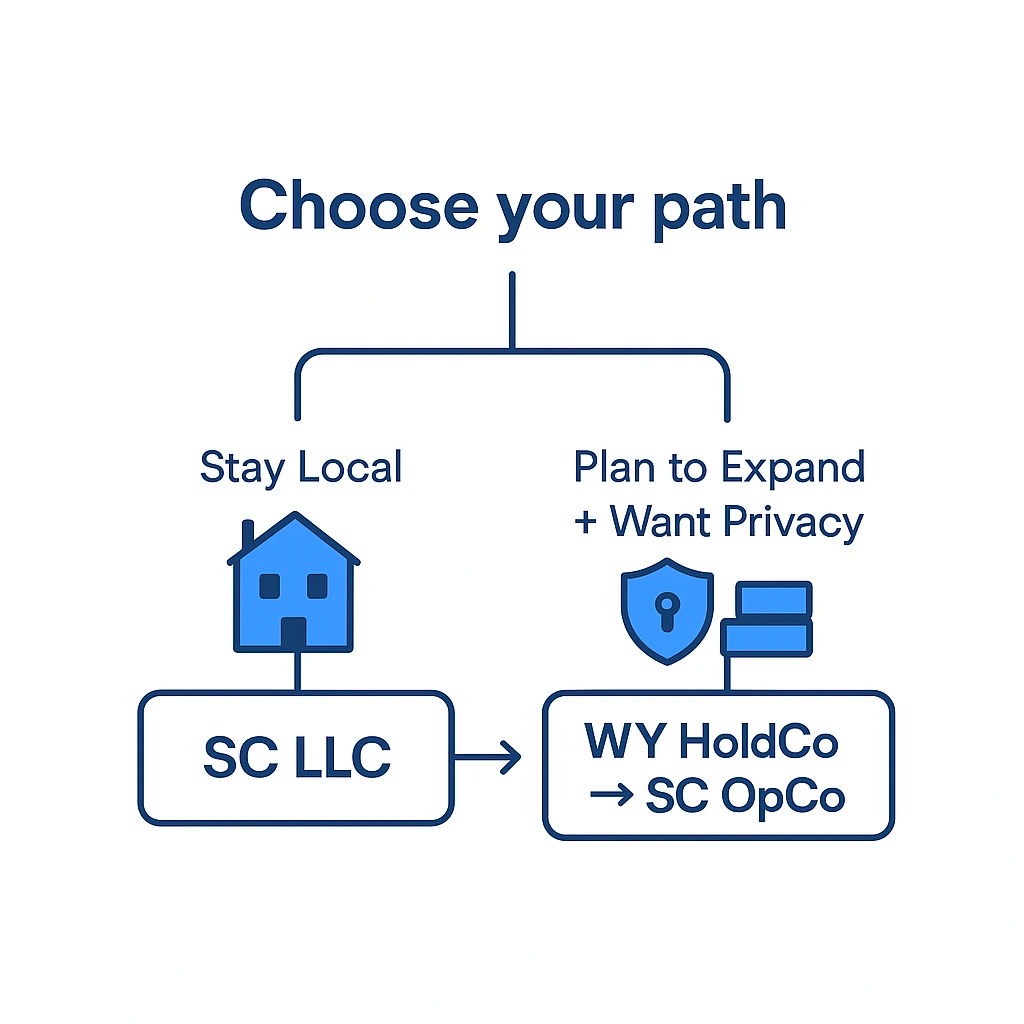
Launch Checklist (Both Paths)
- Name check + confirm structure (SC-only vs WY+SC)
- Registered agent(s) set
- Articles filed (timestamped copies saved)
- Operating Agreement(s) + EIN(s) + banking resolutions
- Virtual address + mail rules (if using)
- MyDORWAY setup + Retail License (as needed)
- Local (city/county) business license
- Owner’s Binder + compliance calendar (renewals, licenses, RA)
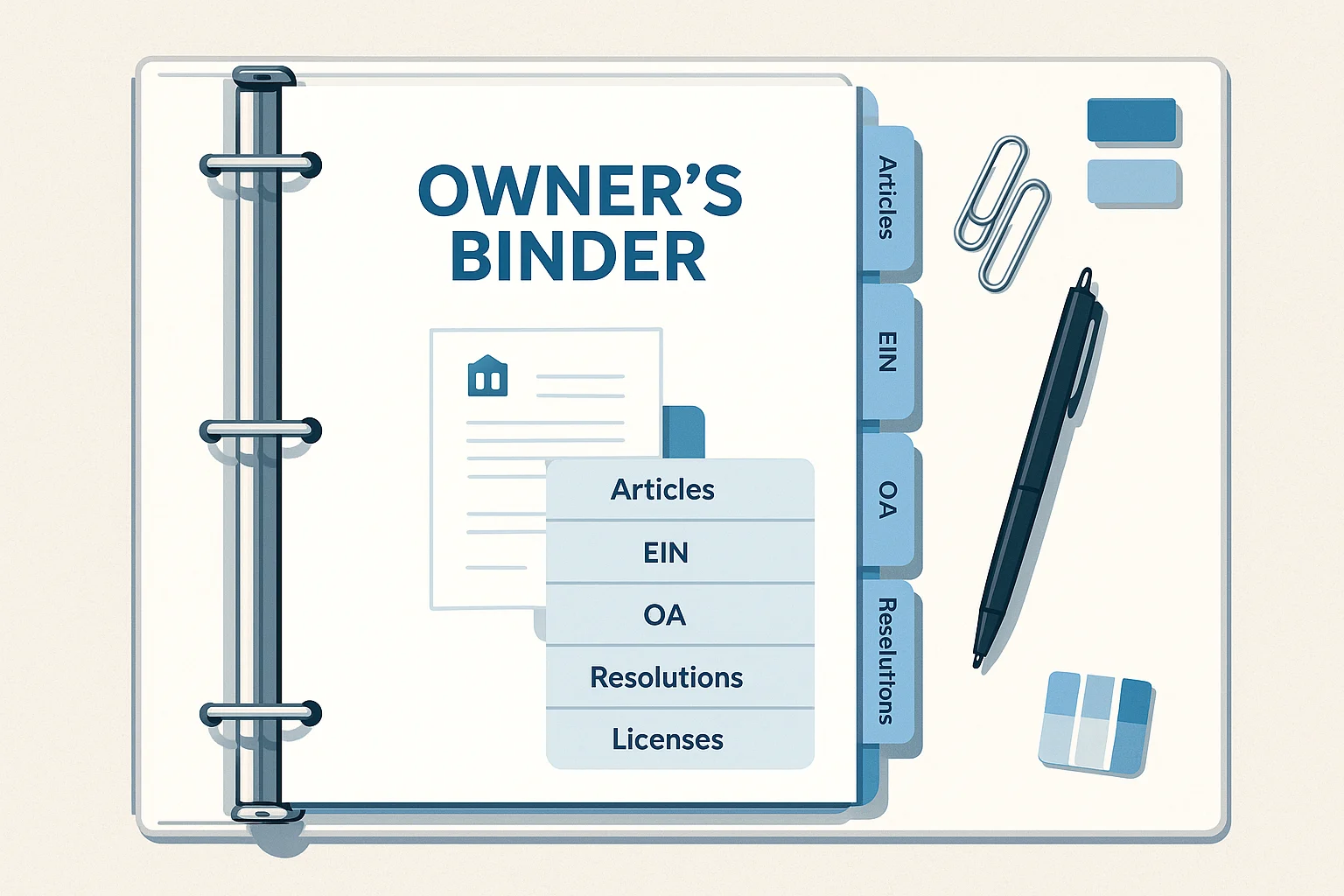
Launch Without the Paperwork Headache
We file the entities, coordinate registered agents & virtual addresses, handle EIN and banking documents, set up MyDORWAY/local licensing, and deliver your Owner’s Binder + compliance calendar.
Not legal or tax advice. Ameen Systems provides administrative/operational services and coordinates with your attorney/CPA if needed.
Last updated: August 2025 • Author: Ameen Systems
